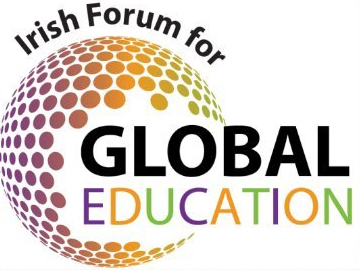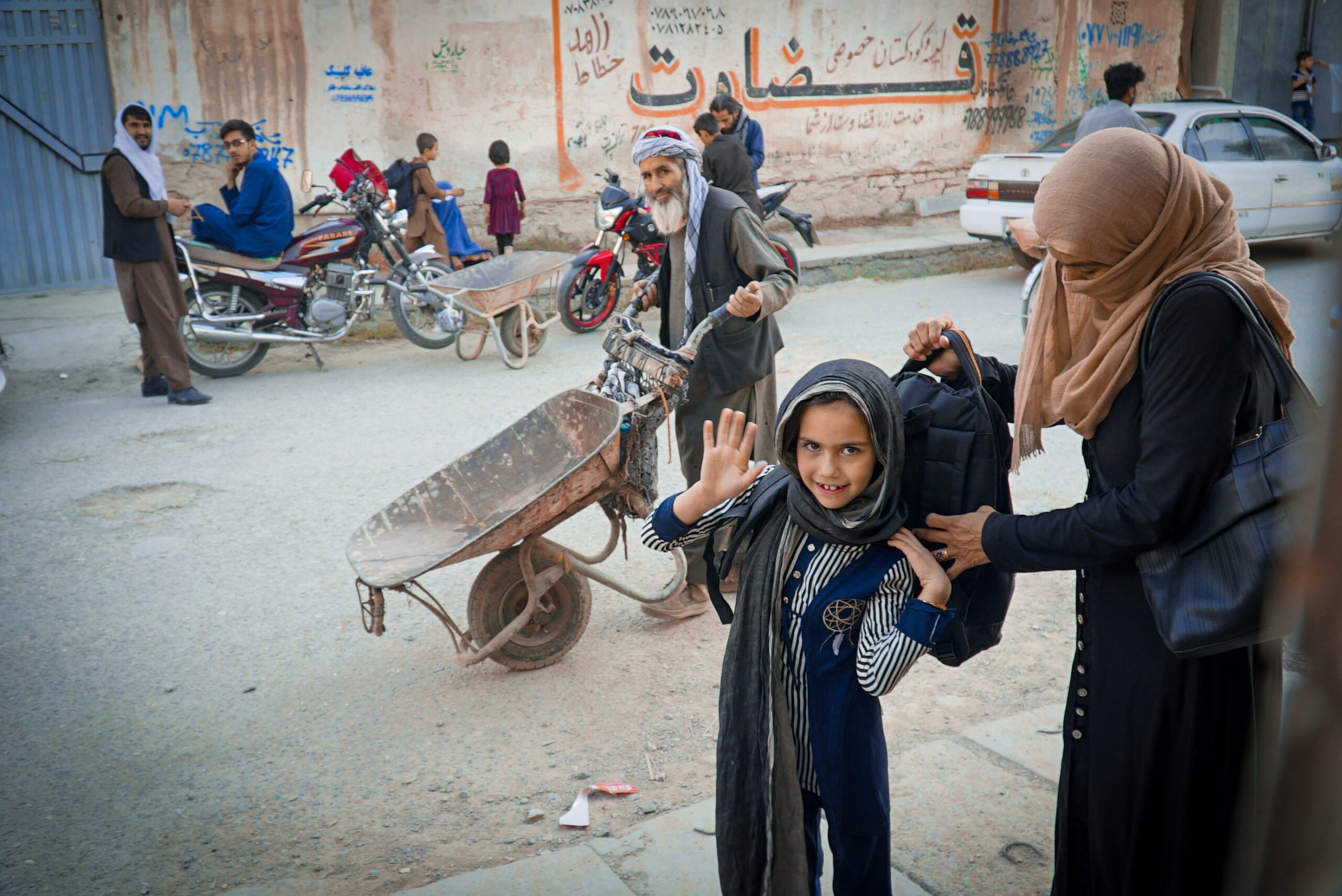Education Cannot Wait launches compelling, poignant, global campaign – bringing the voices of Afghan girls targeted by the de facto Taliban authorities’ ban on girls’ education to the global stage – on two-year anniversary of takeover of Afghanistan
Two years after the de facto Taliban authorities took power in Afghanistan and subsequently banned girls’ access to secondary and tertiary education, Education Cannot Wait (ECW) – the United Nations global fund for education in emergencies and protracted crises – launches a compelling, poignant #AfghanGirlsVoices campaign to elevate to the global stage the voices of Afghan girls deprived of their basic right to education and learning.
The campaign was developed in collaboration with ECW Global Champion Somaya Faruqi, former Captain of the Afghan Girls’ Robotic Team, with moving images by a young Afghan female artist. It features a series of equally inspiring, heart-wrenching and determined testimonies from Afghan girls whose lives have been abruptly upended by the ban preventing them to pursue their education and dreams. Their powerful words are conveyed together with striking illustrations depicting both the profound despair experienced by these Afghan girls and young women along with their incredible resilience and strength in the face of this unacceptable ban on their education.
“The courage of these girls in Afghanistan gives me the strength to use my own voice as an ECW Global Champion to amplify their voices to the world. It also inspires me in my own studies in engineering because I know the value of the education opportunity that I have, one that they are being denied,” said Somaya Faruqi. “The situation is taking an immense toll on girls’ mental health and rates of suicide for girls has gone up in the last two years. It’s more urgent than ever to act now, and I hope that next year, we celebrate their freedom rather than mark their oppression. A lot can change for the better in one year if we take action together now, in solidarity with every Afghan girl,” said Faruqi.
The situation of women and girls in Afghanistan is the ‘worst globally’, according to a recent UN experts’ report. The systematic restrictions of the fundamental rights of girls and women, and the severe discrimination they experience under the de facto Taliban authorities’ regime could amount to “gender apartheid” and “gender persecution”, says the report.
“The international community must hear this poignant call from the heart from Afghan girls and young women and mobilise in greater numbers and with renewed strength of purpose to condemn the violation of their rights,” said UN Special Envoy for Global Education and Chair of ECW’s High-Level Steering Group, The Rt. Hon. Gordon Brown. “Applicable international legal frameworks should be used to pursue legal action and hold to account those responsible of this exclusion of women and girls from secondary and tertiary education. In addition, the international community should immediately expand support to online and radio courses, as well as increase funding resources for Education Cannot Wait and its partners in Afghanistan to step up their provision of educational opportunities for Afghan girls inside and outside the country, especially in Pakistan where many Afghan families have settled,” said Brown.
The #AfghanGirlsVoices campaign features a collection of Afghan girls’ quotes and original art illustrations. ECW invites partners and the wider public to stand in solidarity with Afghan girls by posting these assets across social media every day – from 15 August, the date when the de facto Taliban authorities came into power in Afghanistan 2021, until 18 September, which marks the start of the official ban on school for adolescent girls, two years ago.
The timing of the campaign will lift the voices of Afghan girls on the global stage as world leaders convene at the Sustainable Development Goals (SDG) Summit on 18-19 September at the UN General Assembly in New York. The Summit aims to mark the beginning of a new phase of accelerated progress towards the SDGs with high-level political guidance on transformative and accelerated actions leading up to 2030 – progress that cannot be achieved with Afghan girls left behind.
“As the world marks the half-way point to the deadline set for achieving the 2030 Agenda and the SDGs, we must not forget those who are left furthest behind. It is hard to think of anyone further left behind than the girls in Afghanistan who are being denied their most basic human rights, including their right to education, based solely on their gender,” said ECW Executive Director Yasmine Sherif. “ECW is firmly committed to lifting and empowering the voices of Afghan girls. We will continue to steadfastly advocate for the full resumption of their right to education in Afghanistan, and to work with our partners to deliver crucial learning opportunities to Afghan children through the community-based education programmes we support,” said Sherif.
ECW has been supporting education in Afghanistan since 2017, first through a mix of formal and non-formal education and now exclusively through programming outside the formal education system. The ECW-supported extended Multi-Year Resilience Programme (MYRP) in Afghanistan aims to support more than 250,000 children and adolescents across some of the most remote and underserved areas of the country. The programme delivers community-based education, organised at the local level with support from local communities, and is critical to keep education going. Girls account for well over half of all the children and adolescents reached by the MYRP.
To access ECW’s social media kit to support the #AfghanGirlsVoices campaign, click here.


